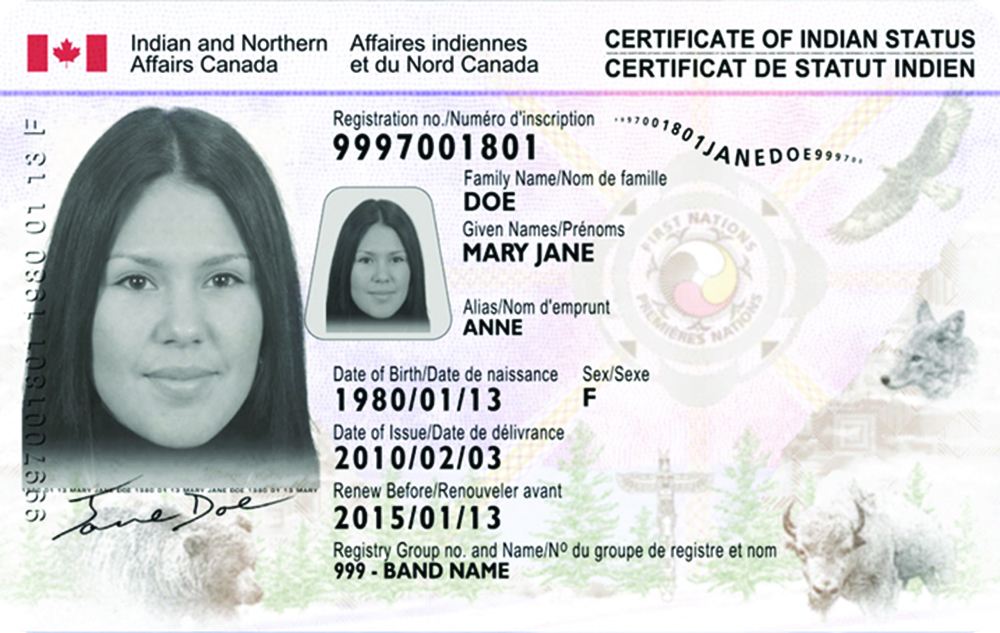The federal government is conducting a second round of consultations on recent amendments to the Indian Act, which discriminated registration based on gender.
The registration changes outlined in Bill S-3 focus on cousins, siblings and members of the same family whose rights were different depending on the gender of the grandparent. The amendments to the act come from a Québec court ruling, which stated some status provisions were Charter violations.
Crown-Indigenous Relations is fanning out personnel to present these changes to First Nations and tribal councils, with one such presentation occurring this week on the Waterhen Lake First Nation. The status changes are expected to increase First Nations membership.
“I think with our community alone, we are expecting 300-400 to become status,” said Irene Fiddler of the Waterhen Lake First Nation.
Fiddler is helping to facilitate information sessions between the First Nation and federal officials. Fiddler estimates nationwide there could be upwards of one million new status registrations.
Fiddler points out that with an increase to First Nations membership, federal financial transfer would have to be adjusted. She says she views the changes as positive and thinks the First Nation can handle the influx.
“We are making changes with our membership. We are working with our lawyer. I think if you work with your membership code in this area, I think it would work, I think we could do it,” Fiddler explained.
The main focus of the presentations is to inform First Nations about the registration changes. Fiddler says it appears Ottawa is looking to have First Nations take control of membership registration.
“Determining Indian status and band membership. Will there be a continued federal government roll in that area?” Fiddler stated.
The registration changes became law in December 2017.
(PHOTO: Status card example. Photo courtesy of Liquor and Gaming Authority of Manitoba.)
